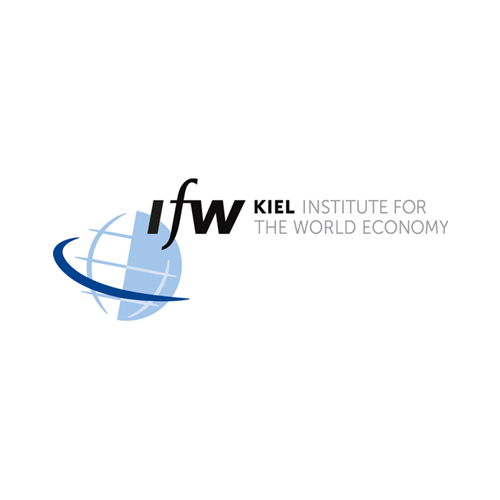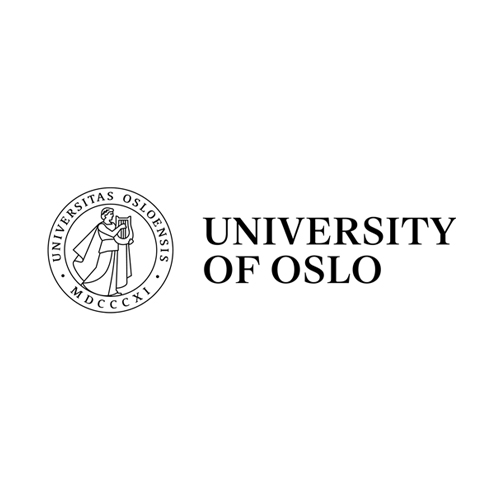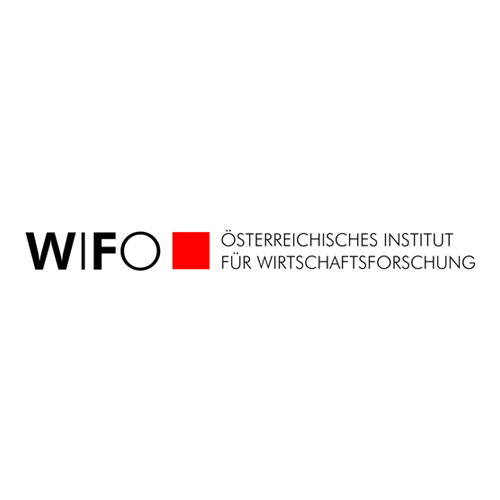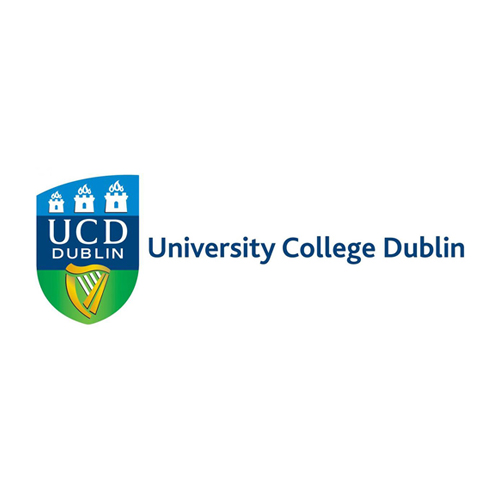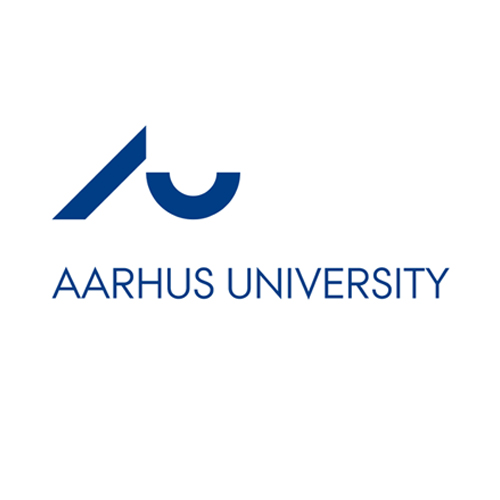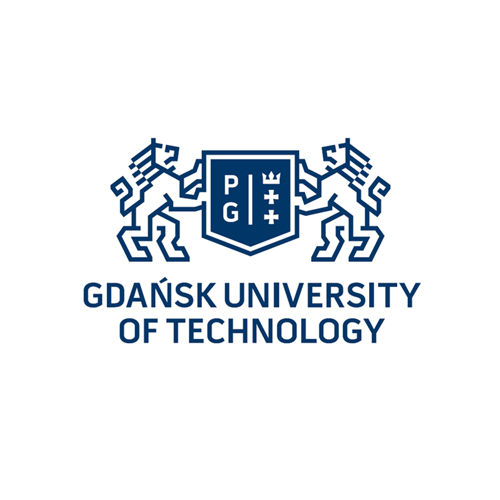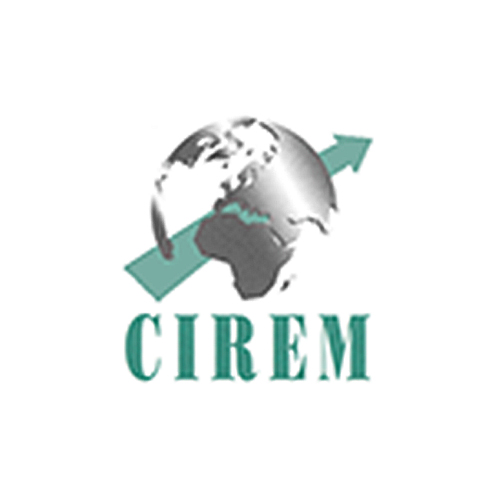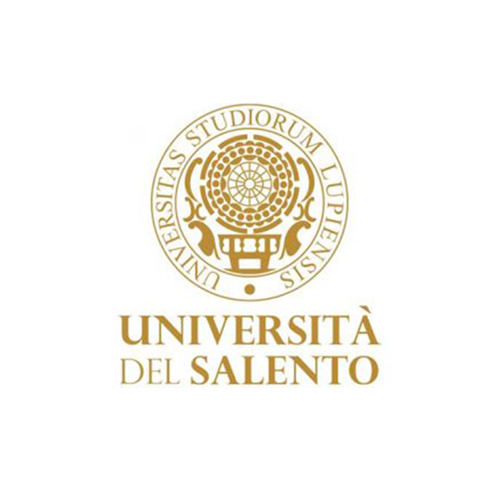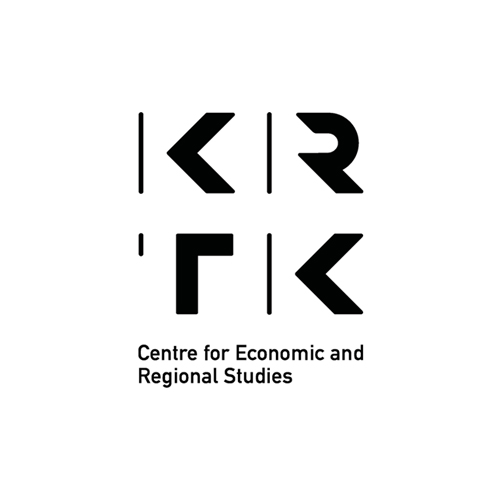The RETHINK-GSC project, funded by the EU’s Horizon Europe program, is a research project that uses innovative methods to analyze the effects of global supply chains (GSCs) and develops new methodologies to quantify the role of knowledge flows and service inputs. The aim of the RETHINK-GSC is to capture the increasing importance of intangibles in global production and to provide new insights into ongoing and expected changes in global production processes.
Rethinking global supply chains
The changing nature of global supply chains requires rethinking them in order to design appropriate policy responses and investigate their employment and social impacts. RETHINK-GSC will enhance our understanding of the implications of GSCs using new measures that can quantify the role knowledge flows, and more generally services inputs, and thus acknowledge the increasing importance of intangibles in GSCs.
The project provides new and innovative methodologies for assessing the development of global supply chains, which generates new knowledge on ongoing and expected changes in GSCs due to shocks. The research, both theoretical and empirical, will be conducted mainly at the level of the firm – the unit that ultimately decides on the organization of international production.
Using the RETHINK-GSC innovative measures allows the projects’ researchers and future scholars to:
- investigate the interaction between tangible and intangible GSCs to evaluate the changing nature of global supply chains,
- provide novel ways of analyzing the impact of GSCs on social, economic and environmental outcomes in European countries, and
- evaluate the resilience of GSCs to exogenous shocks.
Policy scenarios
Furthermore, the project elaborates policy scenarios for expected future GSC developments. This new evidence contributes to enhancing policy developments related to ensuring level playing fields in trade relations and ensuring security of strategic supplies.
Work packages
Work package 1: Developing new measures of global supply chains (GSCs)
In this work package we develop new measures of global supply chains (GSCs), focusing on the role of knowledge flows and services more generally in international production. In addition to providing new data on such flows, the new measures will be used as a key input to work packages 3-7 to understand the impact of GSCs and to develop appropriate policy responses to changing GSCs in work package 8.
The work package is led by the University College Dublin.
Work package 2: New survey data on knowledge flows in GSCs
Complementing work package 1 (WP1), the main objective of work package 2 (WP2) is to conduct a survey of European enterprises that provides detailed micro data on knowledge flows between firms and their suppliers. This will allow us to shed light on the importance of intangibles in input-output linkages at the detailed micro level. The survey is conducted in Austria, Denmark, Germany and Hungary. The data will be used to compare and verify the results of WP1 and will serve as a crucial input for work packages 3-8 to understand the consequences of knowledge flows along GSCs at the firm level and to develop appropriate policy responses to changes in GSCs.
The work package is led by the Centre for Economic and Regional Studies (KRTK).
Work package 3: Interaction between tangible and intangible GSCs
Work package 3 (WP3) will analyse the similarities, differences and interdependencies of goods, services and knowledge flows along GSCs. We will use the data generated in WP1 and WP2 and link it to detailed firm-level data for European countries (such as Denmark, Germany and Norway) to understand how firms’ decisions on sourcing goods and services interact and affect firm performance.
The work package is led by Aarhus University.
Work package 4: Shocks, responses and resilience of GSCs
Work Package 4 (WP4) analyses how firms’ sourcing decisions for intermediate goods and services respond to external shocks (such as the Covid-19 pandemic, Brexit or geopolitical conflicts) and how firms adjust their portfolios to improve resilience. The aim is to provide a solid basis for discussing and evaluating appropriate policy responses.
The work package is led by Aarhus University.
Work package 5: GSCs, productivity and technological growth
The main objective of work package 5 (WP5) is to identify technology diffusion and knowledge spillovers along GSCs and their impact on productivity and growth. It builds on data from WP1 and WP2, which will be linked to detailed firm-level data for a number of European countries (e.g. Denmark, Germany, France) as well as other data sources to identify productivity gains and growth effects from different perspectives (e.g. country, regional, sectoral or firm level).
The work package is led by the Kiel Institute for the World Economy.
Work package 6: GSCs and labour markets
In this work package, we use linked employer-employee data (i.e. data that allows us to link workers to their employer firms) to study the impact of changes in GSC involvement on firms and workers. We want to see whether services and knowledge flows lead to similar or different adjustment processes as the sourcing of intermediate goods. This will initially be based on data for France and Norway.
The work package is led by the Université Paris-Dauphine – PSL.
Work package 7: GSCs and the environment
The main objective of work package 7 (WP7) is to examine how GSCs interact with environmental issues, in particular emissions and green innovation in European firms. Within the GSC, production stages are located across countries based on their relative costs, allowing firms to outsource “dirty” parts of the supply chain abroad. This work package will focus on these issues, with a particular emphasis on the regulations implemented in European countries.
The work package is led by the University College Dublin.
Work package 8: Policy scenarios, communication and dissemination
The main objective of work package (WP8) is to develop policy scenarios based on the results of work packages 3-7 and to disseminate scientific results and policy recommendations to the research community, other stakeholders and the general public.
The work package is led by Bruegel.
Work package 9: Scientific coordination and management
This work package will ensure effective scientific coordination, management and communication between the consortium partners.
The work package is led by the Kiel Institute for the World Economy.

